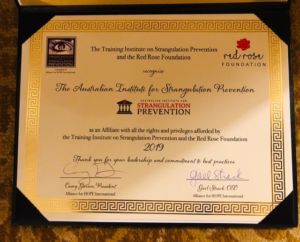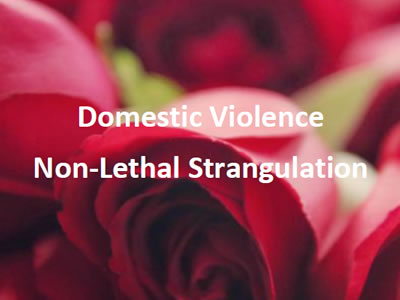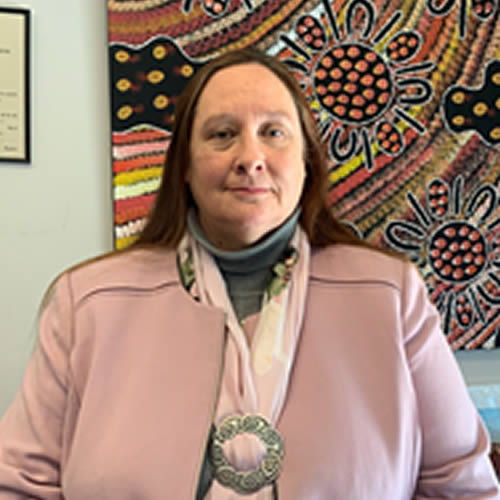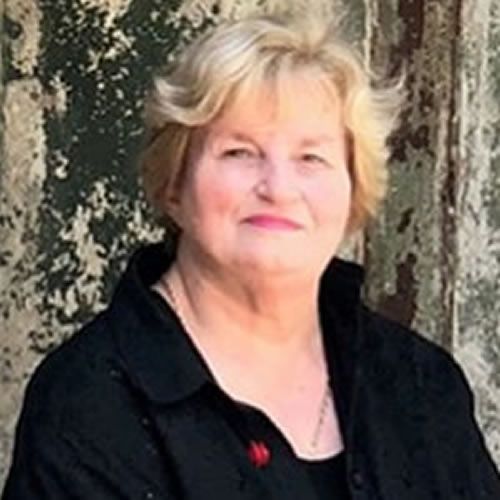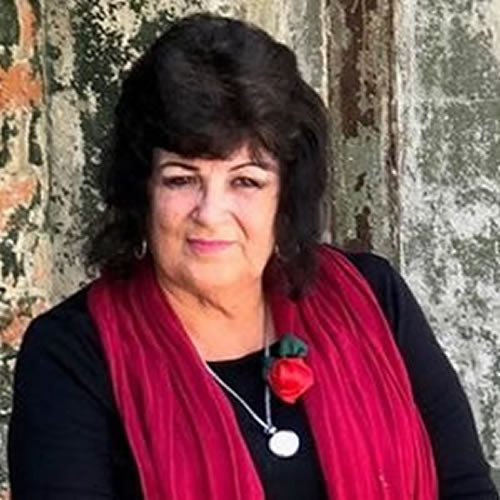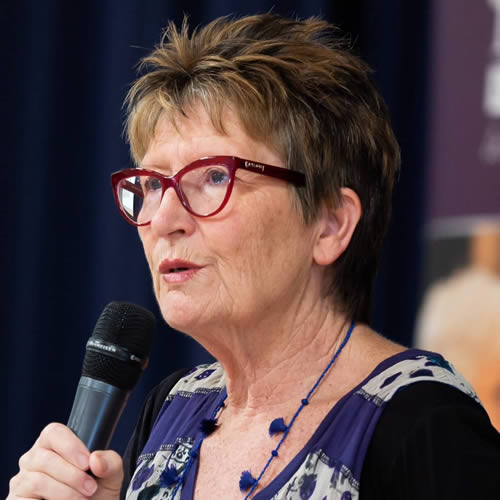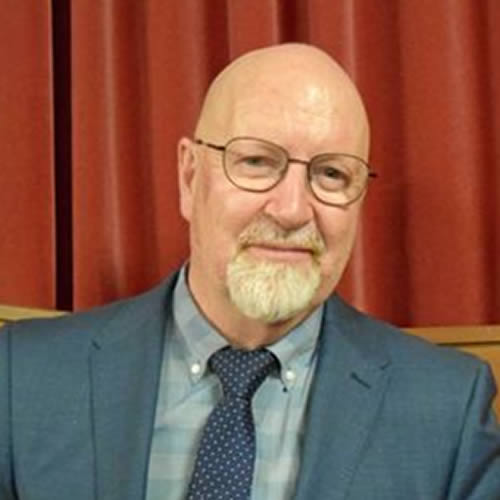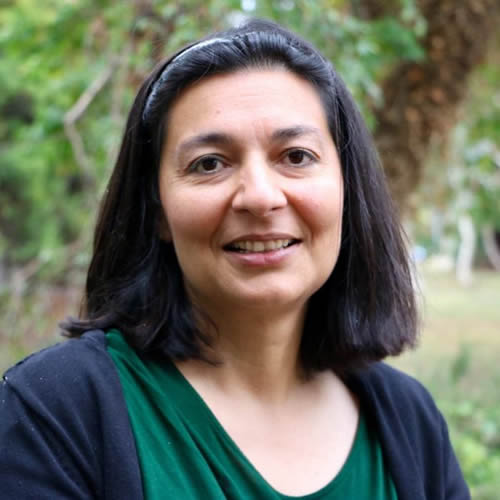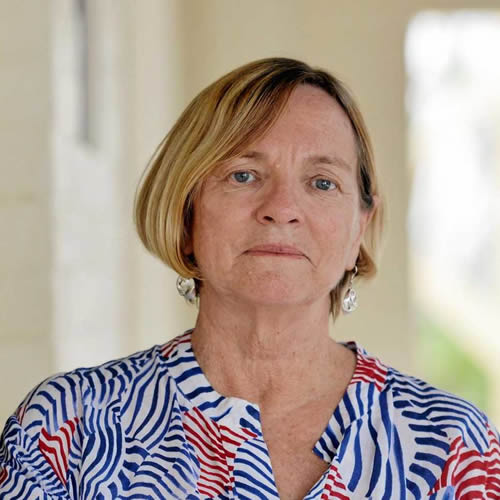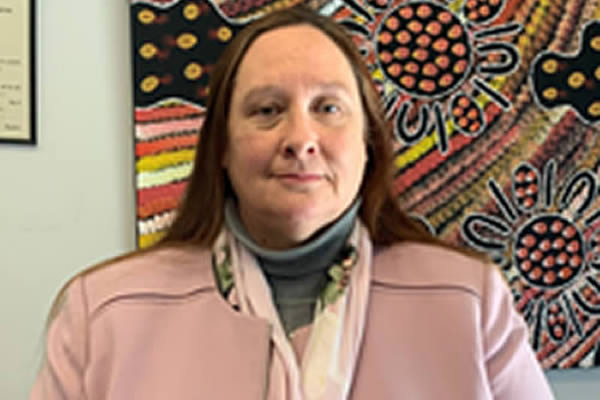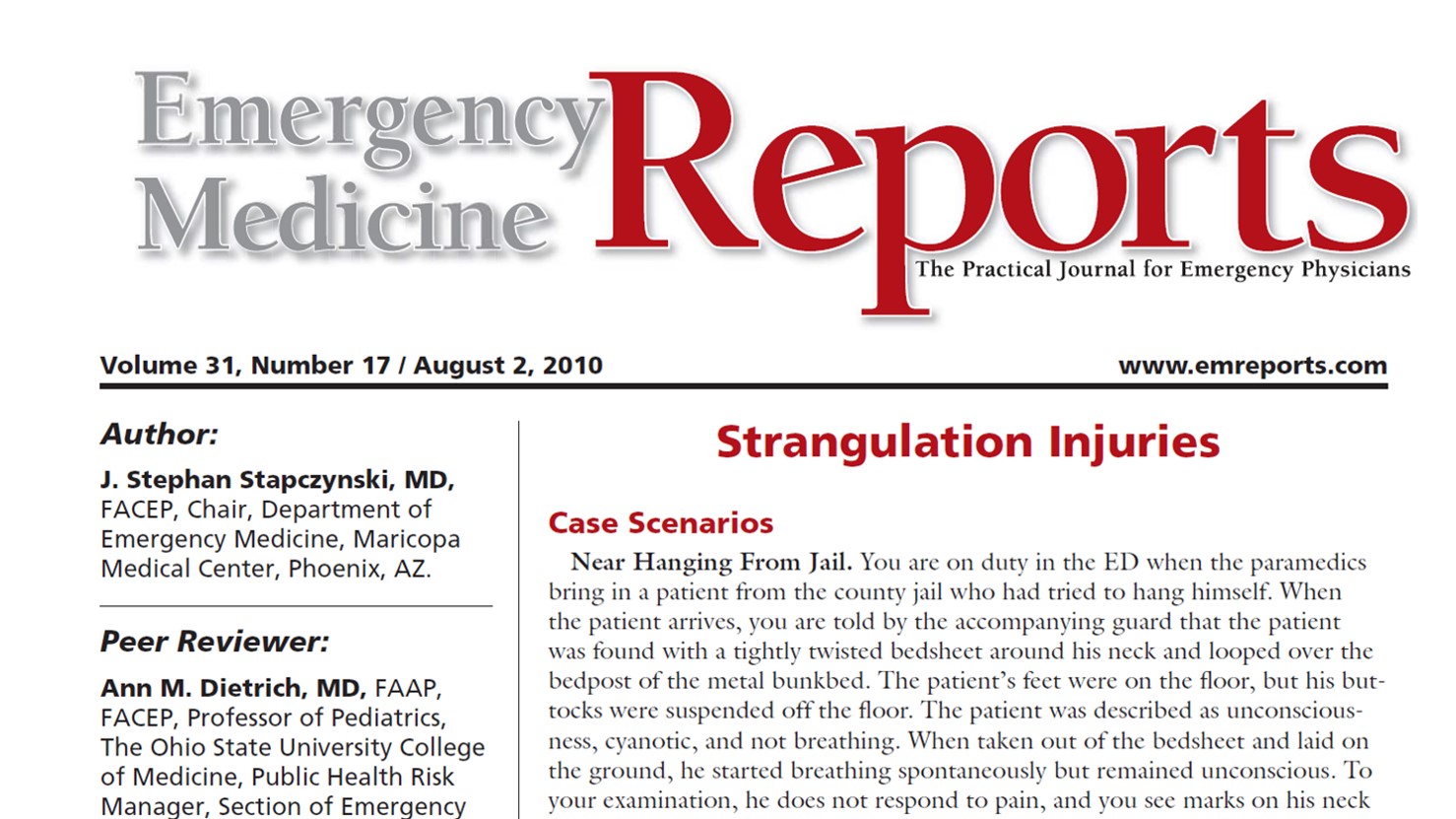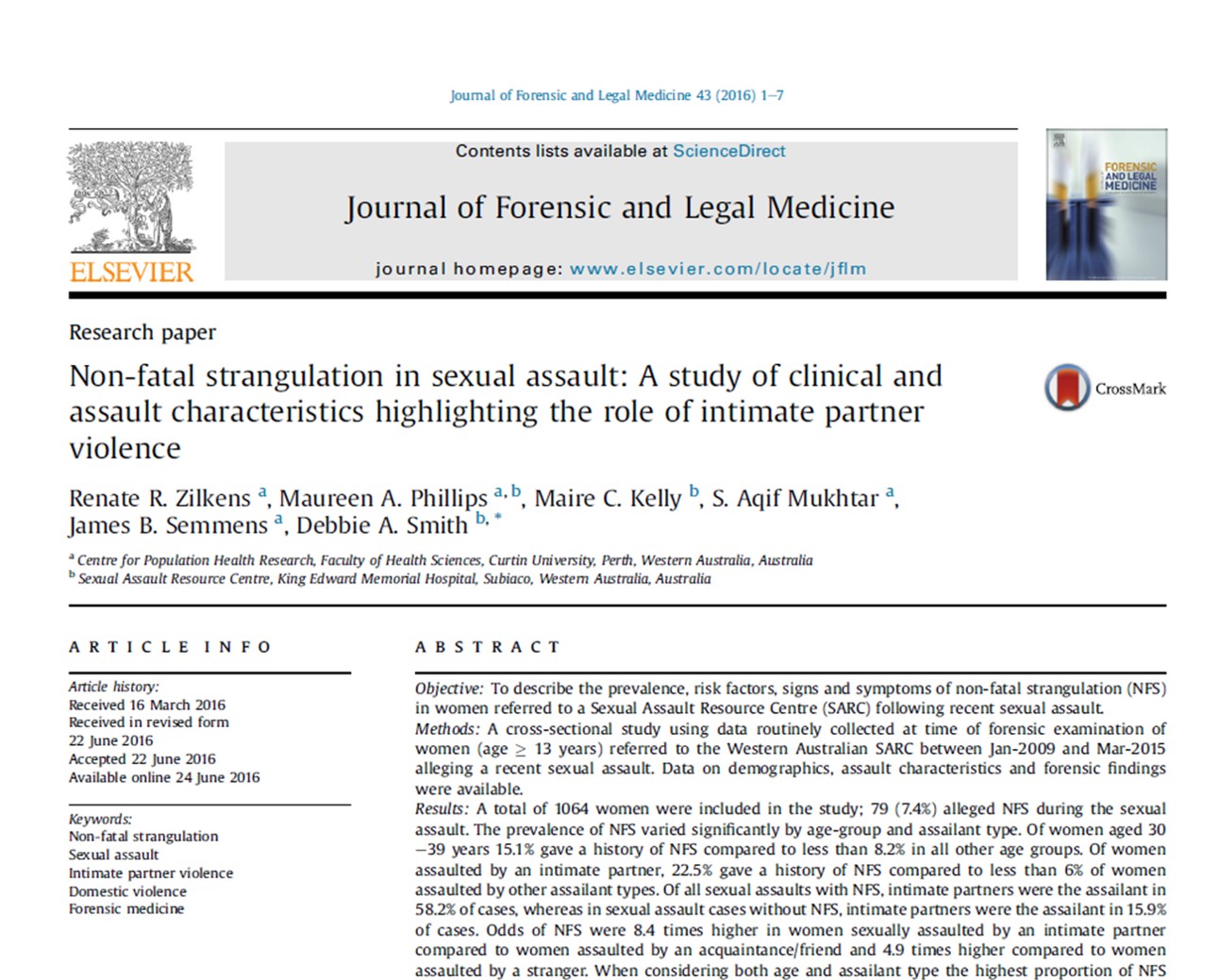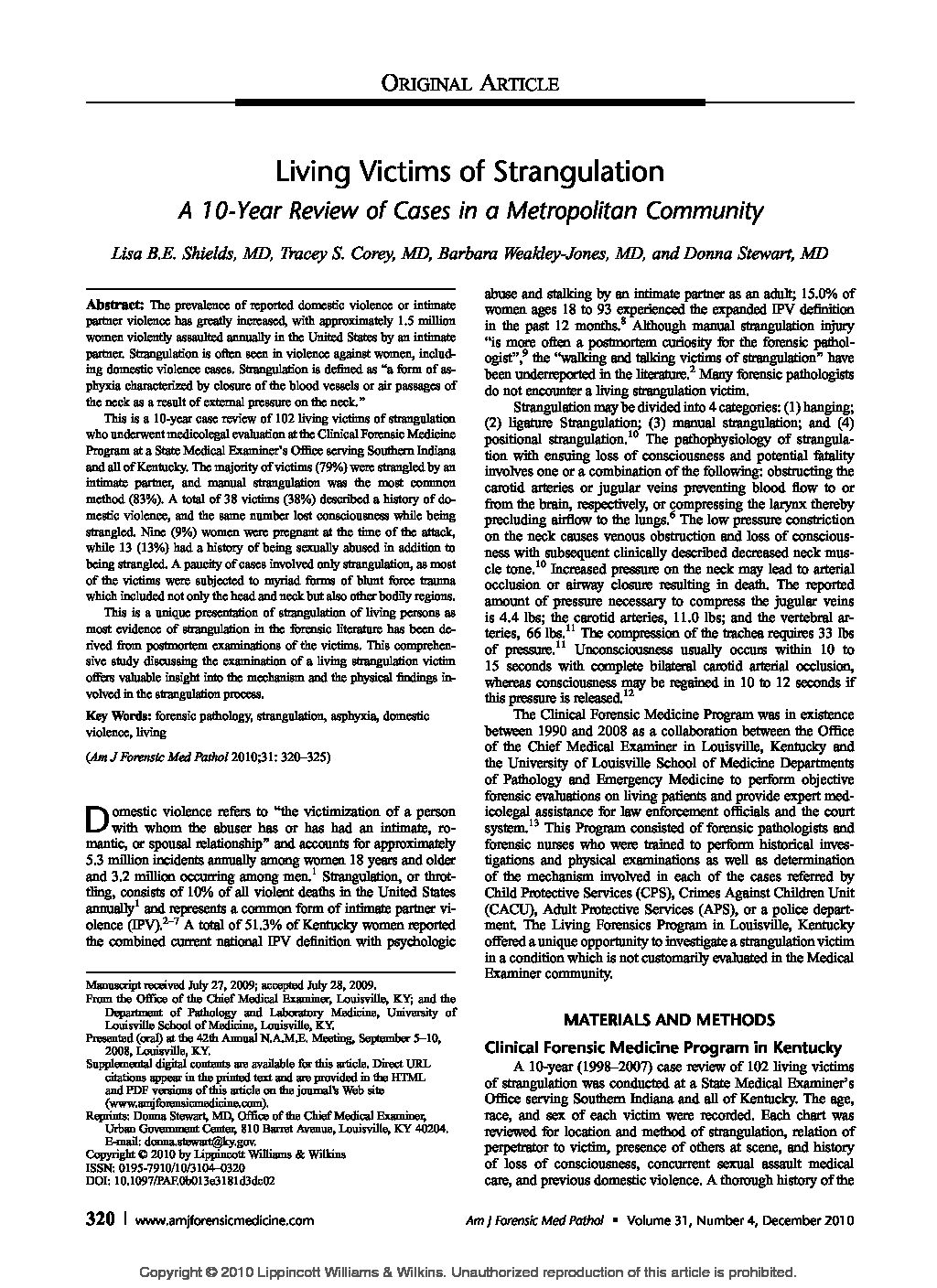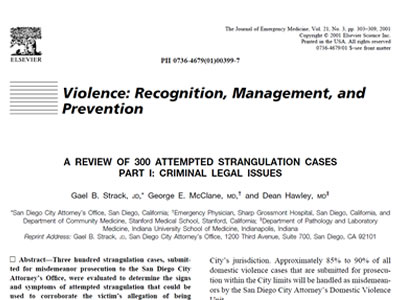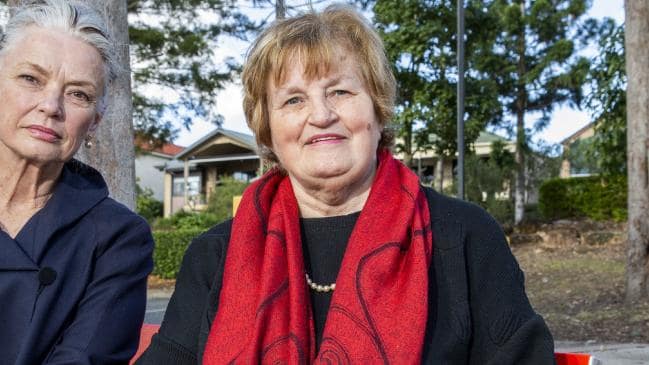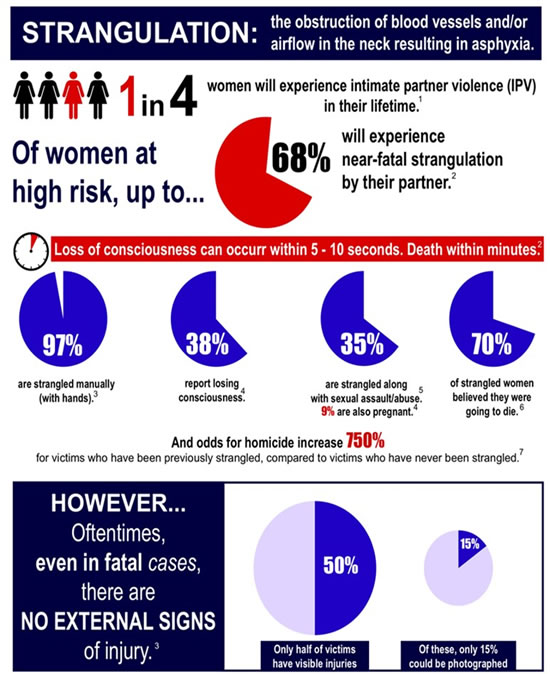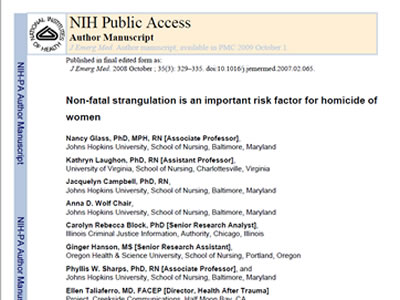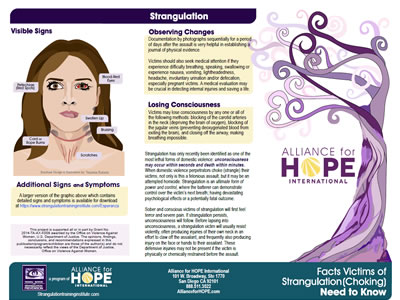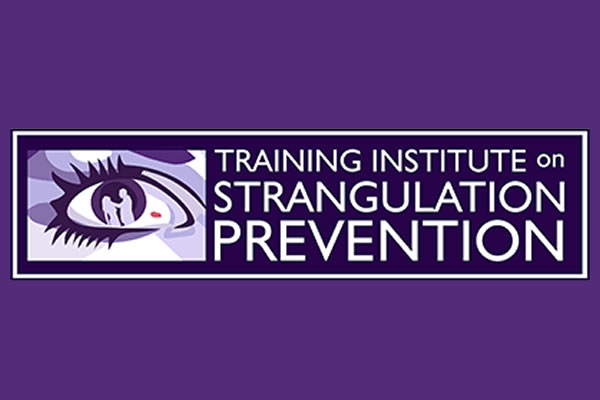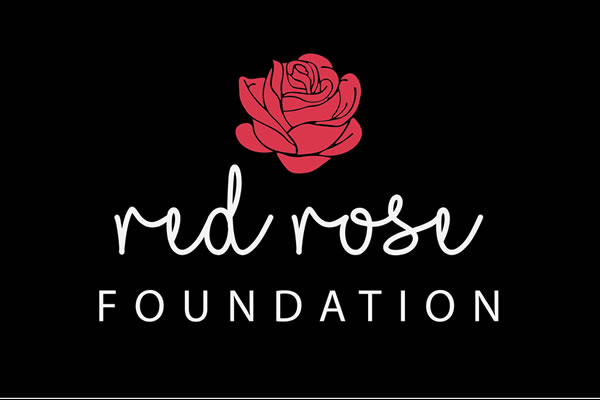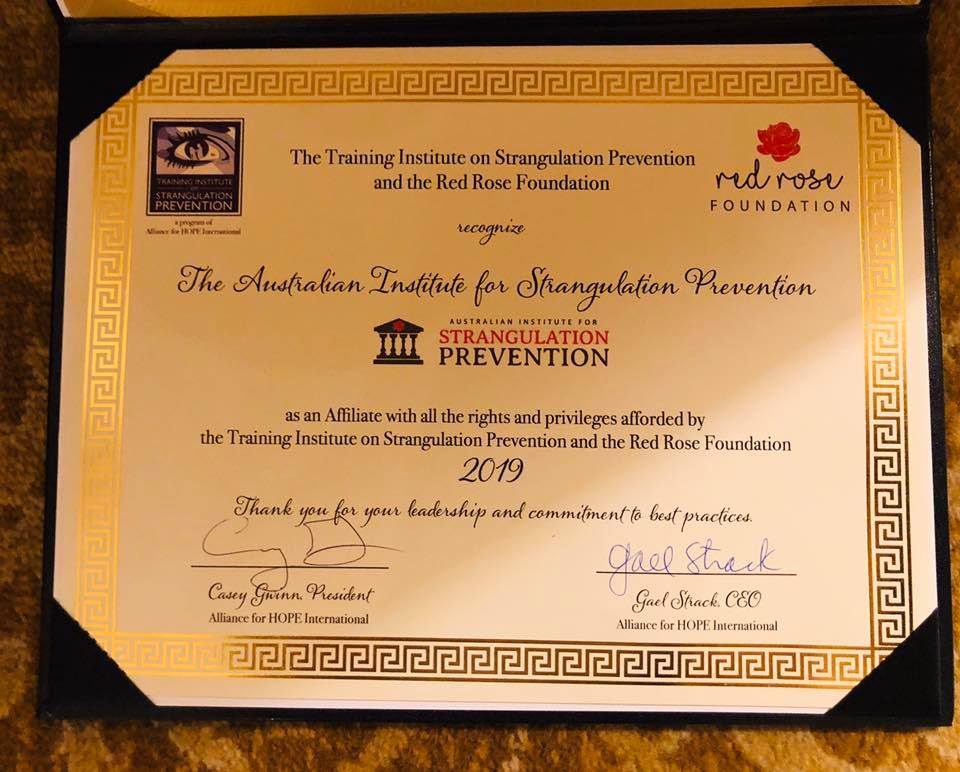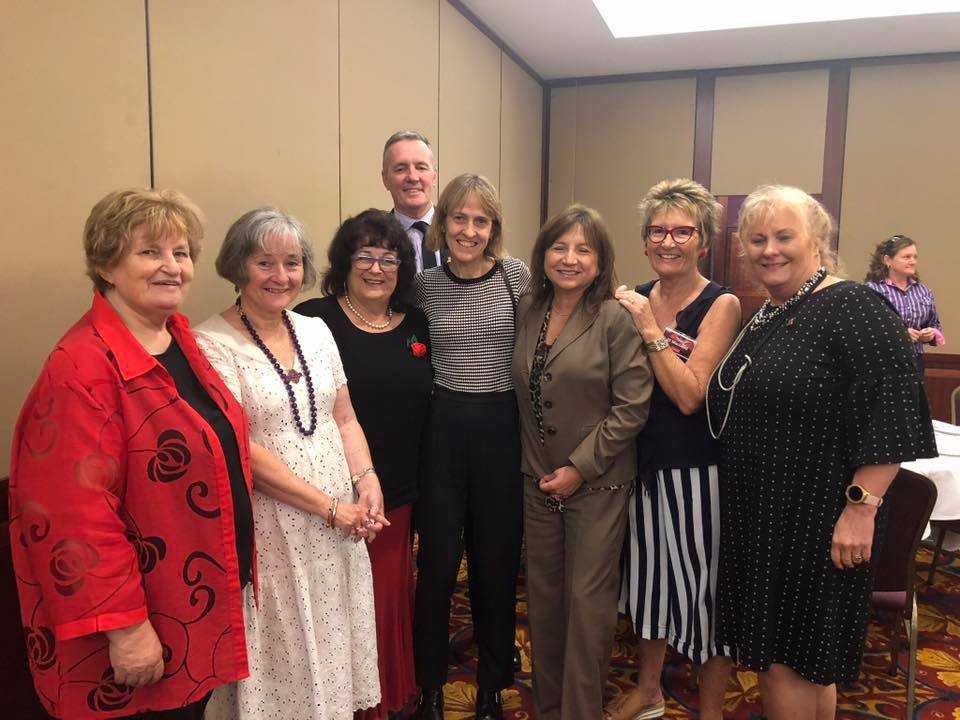Members of the Australian Institute for Strangulation Prevention attended the 4 day Strangulation Prevention Master Class in San Diego October 2019. Also at this event was the official announcement of a partnership between the Australian Institute for Strangulation Prevention and the Training Institute for Strangulation Prevention San Diego. We look forward to working together to advance our knowledge base and expertise and better ways to respond to this critical issue.
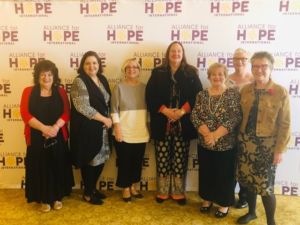
Training and research for professionals working with domestic violence and sexual assault intimate partner strangulation.
We offer a wide range of high-quality specialist non-lethal strangulation intervention and prevention training and resources for professionals in police, justice, health, probation, domestic violence and sexual assault services and sectors across Australia.
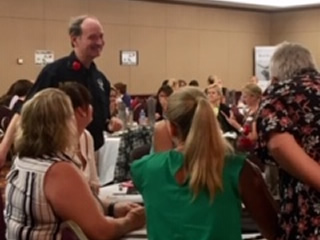
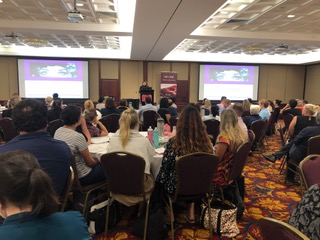
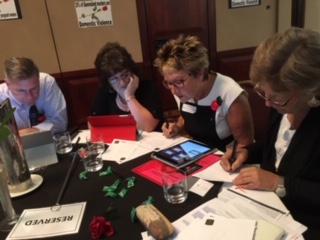
We are committed to:
-
Raising awareness to the dangerous nature of non-lethal strangulation
-
Providing expert training
-
Forging partnerships of research and education
Non-lethal strangulation is one of the most significant red flags to homicide and premature death from strokes and other health issues.
As most victims of strangulation have no visible injuries or their injuries are too minor to photograph, opportunities for higher level criminal prosecution are often missed.
Training is essential for Police, Ambulance, prosecutors, Health, Domestic Violence and dexual Assault services and community services groups, to understand and develop heightened responses to non-lethal strangulation.
We have already provided specialist non-lethal strangulation intervention and prevention training to over 600 professionals from around Australia.
BACKGROUND
The Domestic Violence Death Review Action Group was formed in 2004 to campaign for the establishment of a Domestic Violence Death Review Board in Queensland and a specific legislative response to non-lethal strangulation. This group evolved to become the Red Rose Foundation in 2016.
Putting strangulation forward as a significant risk indicator is based on the work of Strack and McAllen (2001) who undertook research into three hundred strangulation cases submitted for misdemeanour prosecution to the San Diego City Attorney’s Office. The study revealed that a lack of training may have caused police and prosecutors to overlook symptoms of strangulation or to rely too heavily on the visible signs of strangulation. Because most victims of strangulation had no visible injuries or their injuries were too minor to photograph, opportunities for higher level criminal prosecution were missed. Follow up research on the risks associated with non-fatal strangulation in cases of domestic violence was conducted by Glass, Laughton, Campbell, Block, Hanson, Sharps and Taliaferro (2004). This study found that prior non-fatal strangulation was a significant risk factor for attempted or completed homicide of women with prior non-fatal strangulation associated with 45% of attempted homicides and 43% of homicides. Through our work, a specific criminal offence of non-lethal strangulation has now been established in Queensland.
To further our aim of raising awareness to the dangerous nature of non-lethal strangulation, provide expert training and forge partnerships of research and education, the Red Rose Foundation has brought expert trainers to Australia in 2017 (Brisbane and Mackay) 2018 (Brisbane and Canberra again in 2019 (Brisbane, Melbourne and Perth). Plans are underway for a return of international experts Gael Strack and Dr Bill Smock to Australia in 2020. The Australian Institute for Strangulation Prevention will also be commencing our own training schedule commencing November 2019. Our aim is to see the introduction of specific non-lethal strangulation legislation introduced into every State and Territory in Australia. This needs to be accompanied by specialist training across police, justice, health, probation, domestic violence and sexual assault services and sectors.
EXPERT ADVISORY PANEL
TRAINING FEEDBACK
The best training I have ever done in my career. Well detailed, real-life examples, well structured.
Understanding strangulation is a number 1 high risk factor in regards to domestic violence homicide.
Because knowing about non-lethal strangulation and what evidence can assist victims in successful prosecutions will hopefully decreases homicides.
Understanding the significance of strangulation injuries and the full impact of future indicators of lethality.
Essential knowledge for anyone working with those affected by domestic violence.
I was shocked to learn that strangulation can cause strokes months after the strangulation incident.
UPCOMING EVENTS
RESOURCES
Get notifications when new training and resources are added
Be one of the first to know when we release new training courses and publish new resources and articles for you.

